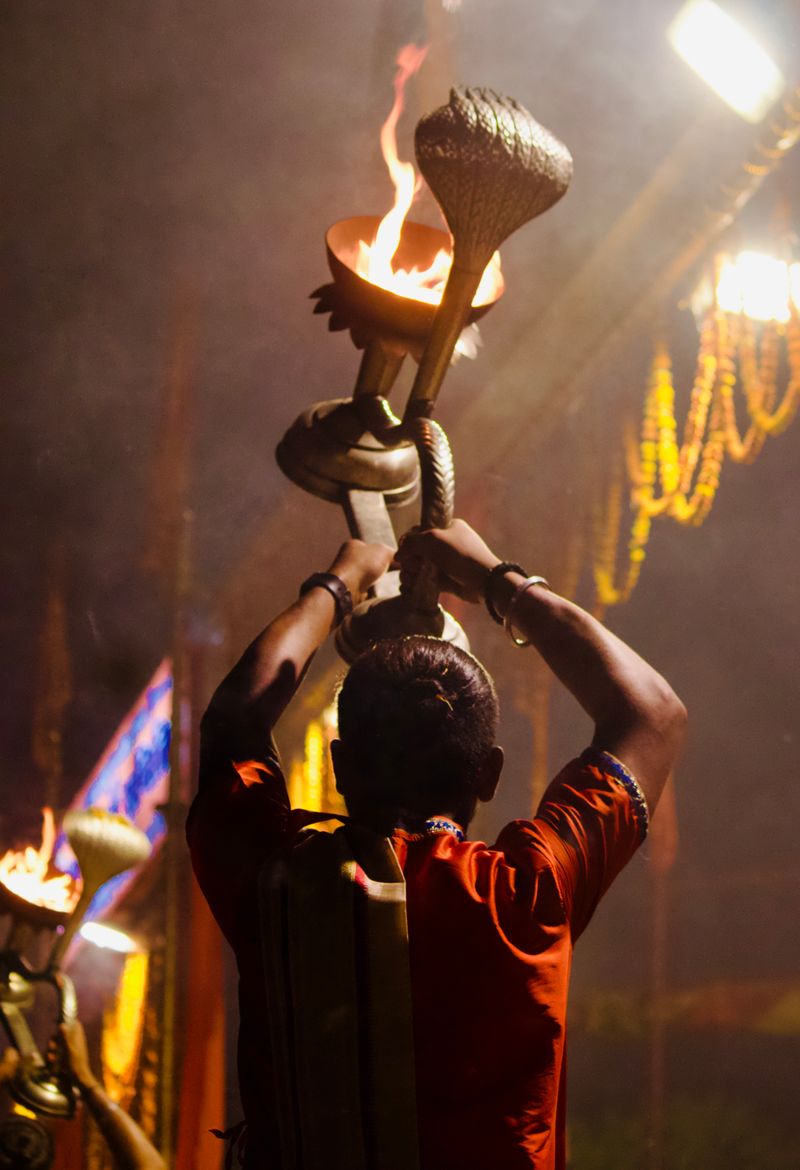India Replaces Name with Sanskrit Word in Diplomatic Move
Narendra Modi’s Government Reflects Hindu Nationalist Party’s Efforts
NEW DELHI — Prime Minister Narendra Modi’s government has made a significant change in the way it refers to India in official diplomatic communication. In dinner invitations sent to guests attending this week’s Group of 20 summit, the name India has been replaced with the Sanskrit word “Bharat.” This move reflects the ruling Bharatiya Janata Party’s (BJP) efforts to eliminate what it perceives as colonial-era names and reclaim India‘s Hindu past.
Historical Significance of the Name “Bharat“
The nation of more than 1.4 billion people officially has two names, India and Bharat, but the former is the most commonly used both domestically and internationally. The Sanskrit word “Bharat” is an ancient term that dates back to early Hindu texts. Many historians believe it holds historical significance and is deeply ingrained in the cultural fabric of India. In Hindi, Bharat also means India.
Eradicating Colonial-Era Names
The move to replace the name India with Bharat is not an isolated incident. Modi’s BJP has long tried to erase names tied to India‘s Mughal and colonial past. In 2015, New Delhi’s Aurangzeb Road, named after a Mughal king, was changed to Dr. APJ Abdul Kalam Road following protests from BJP leaders. Last year, a colonial-era avenue in the heart of New Delhi, utilized for military parades, was also renamed.
The Symbolism of Name Changes
The BJP argues that these name changes are an effort to reclaim India‘s Hindu past and shed symbols associated with colonial rule and Muslim domination. Supporters of the party have long decried this period of history as a “symbol of slavery.” The British ruled India for approximately 200 years until the country gained independence in 1947. By reverting to the ancient Sanskrit name Bharat, the BJP aims to redefine and assert India‘s identity on its own terms.
Opposition and Criticism
While the government’s decision has been hailed by Modi’s supporters, it has drawn criticism from opposition parties. The main concern revolves around the potential loss of India‘s brand recognition built over centuries. Multiple opposition lawmakers, including Shashi Tharoor, argue that while calling India “Bharat” is constitutionally acceptable, completely abandoning the name “India” would be foolish and detrimental to the country’s international standing. They emphasize the importance of preserving a name that is recognized globally and holds significant historical value.
Disputes and Political Implications
Disputes over the use of “India” versus “Bharat” have intensified since July when opposition parties formed an alliance called INDIA to challenge Modi’s party in the upcoming national elections in 2024. The acronym INDIA signifies Indian National Developmental Inclusive Alliance. Some officials within the BJP have responded by demanding that the country be referred to as Bharat instead of India.
Editorial: The Significance of Names and Historical Identity
The renaming of India to Bharat raises important questions about the power of names and their role in shaping historical identity. The move by the Modi government reflects a broader trend of nations reevaluating their colonial legacies and seeking to assert their cultural and national sovereignty.
Reclaiming Historical Identity
For proponents of the name change, Bharat represents a reclaiming of India‘s ancient heritage and an assertion of Hindu identity. They argue that names rooted in the country’s precolonial past better reflect its diverse culture, heritage, and sociopolitical history. By reverting to Bharat, they believe India can escape the shadow of colonial rule and regain its distinct historical identity.
Brand Value and Recognition
However, critics argue that abandoning the universally recognized brand name “India” would come at a significant cost. “India” has become synonymous with the nation’s rich history, cultural heritage, and diverse population. It carries immense brand value built over centuries of global recognition. Dismissing this name entirely risks undermining the country’s international standing and recognition.
The Balance of History and Modernity
The debate over names goes beyond mere semantics. It involves a delicate balance between historical identity and modern aspirations. While there is a legitimate desire among certain sections of society to reconnect with India‘s Hindu past, it is essential to acknowledge the multicultural and pluralistic nature of the country today. A name should encapsulate the multifaceted nature of India, reflecting both its ancient roots and its modern aspirations.
Advice: A Balanced Approach
As India navigates this debate, it is crucial to adopt a balanced approach that respects the nation’s complex history and diverse cultural fabric. Keeping both “India” and “Bharat” in usage can offer a middle ground, recognizing the appeal of ancient heritage while honoring the international recognition and brand value associated with the name “India.”
A Symbolic Gesture
The government can embrace the change by using “India” when addressing international audiences and in official diplomatic communication. Simultaneously, “Bharat” can be employed domestically, acknowledging the ancient roots and cultural identity that it represents. By doing so, India can convey a message of inclusivity and modernity while honoring its historical heritage.
Preserving Historical Continuity
It is vital not to lose sight of the historical continuity that connects ancient Bharat with contemporary India. Both names are intertwined, and each carries its own significance. Preserving this connection enables India to embrace its past while embracing the diverse and rapidly evolving present.
A Moment of Introspection
The current debate over names provides an opportunity for introspection and national dialogue on issues of identity, history, and the impact of colonialism. It allows India to redefine itself on its own terms while recognizing the complexities inherent in navigating a rapidly changing global landscape.
In conclusion, as India grapples with balancing its historical identity and the realities of the modern world, a nuanced approach is crucial. Recognizing the significance of names, embracing historical heritage, and preserving international recognition can coexist, allowing India to shape its narrative while maintaining its position on the global stage.

<< photo by Albela Raahi >>
The image is for illustrative purposes only and does not depict the actual situation.
You might want to read !
- India’s government replaces ‘India’ with ancient name ‘Bharat’ in what way does this reflect a sense of national identity?
- Mendis Shines with 92 as Afghanistan Chase 292 for Qualification
- Exploring the Battleground: Afghanistan vs Sri Lanka Live Score Updates in the Asia Cup 2023
- India’s G20 Invitation Sparks Speculation about a Potential Name Change
- “Gino D’Acampo’s Insights on Departure from Gordon, Gino, and…”
- Honoring the Bond: Unraveling the Rituals and Significance of Raksha Bandhan 2023




